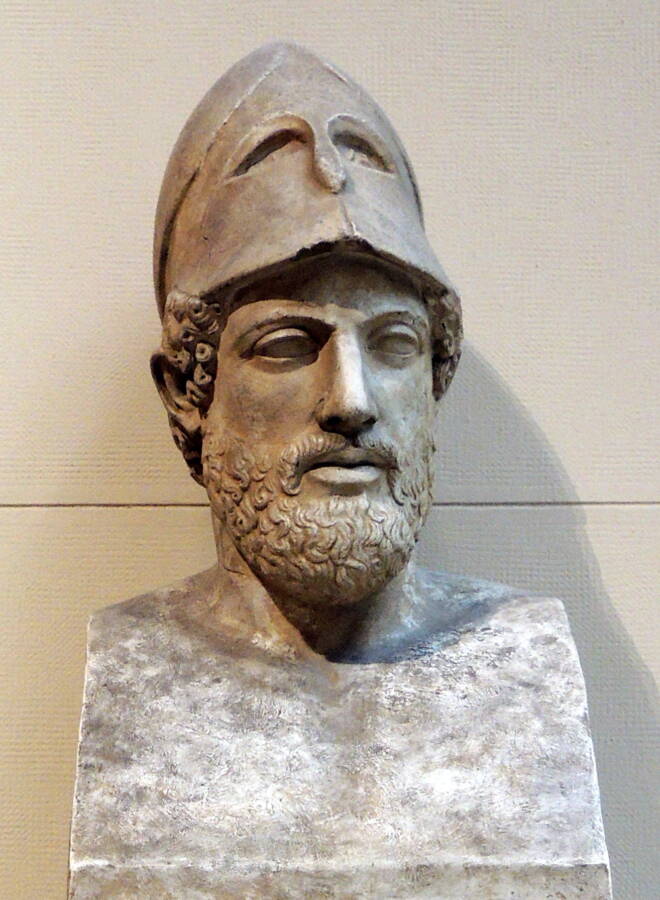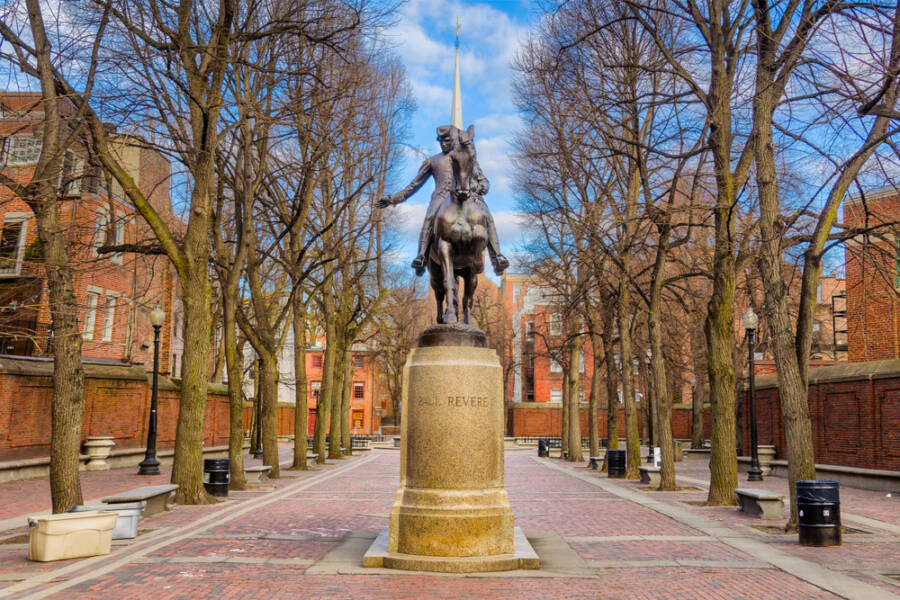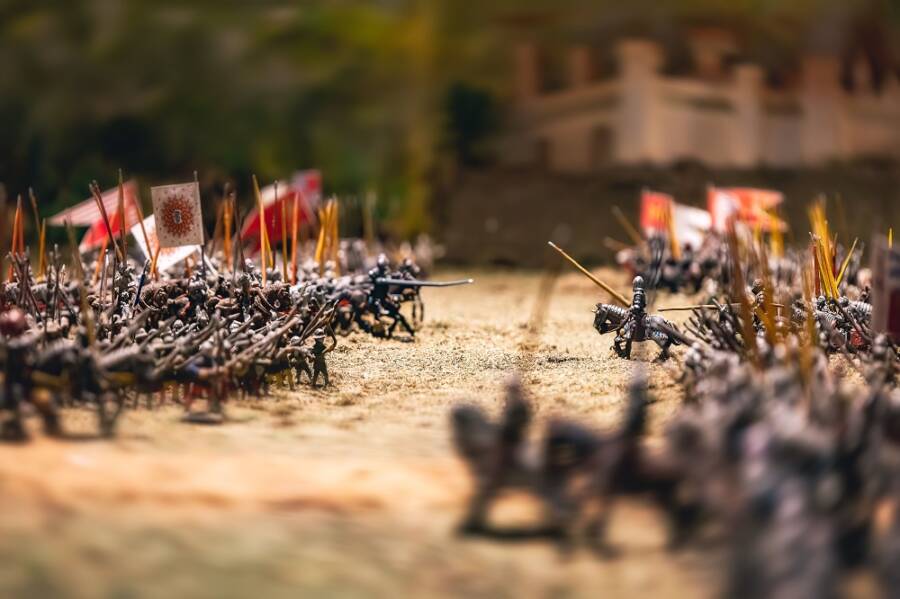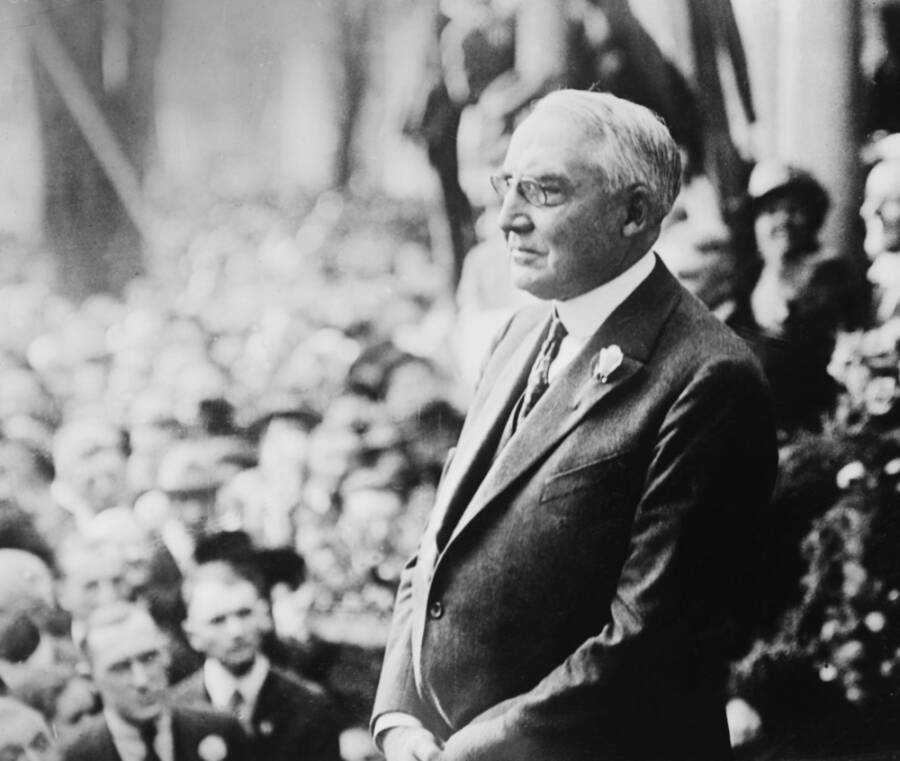
Frequently Asked Questions
1. Why are speeches considered such important historical moments?
Speeches are critical historical moments because they can instantly capture and shape public consciousness. Unlike written documents, which can take time to disseminate, a powerful speech can mobilize populations, define the stakes of a conflict, or crystallize the goals of a social movement in real-time. They serve as primary sources that reveal the values, fears, and aspirations of a particular time and place.
2. How did speeches from one culture influence others before modern technology?
Before radio or the internet, speeches spread through written accounts. Pericles’ Oration survived because the historian Thucydides recorded it. Pope Urban II’s call to Crusade was carried across Europe by priests and monks who had attended the council. These texts were then studied, copied, and translated by scholars and leaders in other cultures and later generations, allowing their core ideas to influence political and philosophical thought far beyond their original audience.
3. What makes Winston Churchill’s wartime speeches so significant in world history?
Winston Churchill’s most famous speeches were significant because they functioned as strategic acts of defiance during a moment of extreme global crisis. At a time when Britain’s survival was uncertain, his rhetoric was a weapon of war. It not only boosted morale at home but, more importantly, projected an image of unbreakable resolve to the rest of the world, particularly to the United States, helping to secure the material support necessary for Britain’s survival and the eventual Allied victory.
4. Did Martin Luther King Jr.’s “I Have a Dream” speech have an immediate international impact?
Yes, its international impact was almost immediate. The March on Washington was a major global news event, and footage and text of the speech were quickly disseminated worldwide via television, radio, and newspapers. It resonated strongly with post-colonial nations and those fighting for their own rights, such as anti-apartheid activists in South Africa. The speech instantly framed the American Civil Rights Movement as part of a global struggle for human rights.
5. Are there famous speeches from non-Western history that are less known but equally important?
Absolutely. History is filled with pivotal speeches from all cultures. For example, the Farewell Sermon of the Prophet Muhammad (c. 632 CE) laid out core ethical and social principles for the Islamic world. The speeches of figures like Simón Bolívar were instrumental in rallying support for independence in South America. Similarly, the speeches of Sun Yat-sen helped shape the revolutionary movement that ended millennia of imperial rule in China. These and many other orations had profound regional and global consequences.
Disclaimer: This article provides a summary for informational purposes and reflects current historical scholarship. World history is vast and complex, and we encourage deeper study from academic sources.





